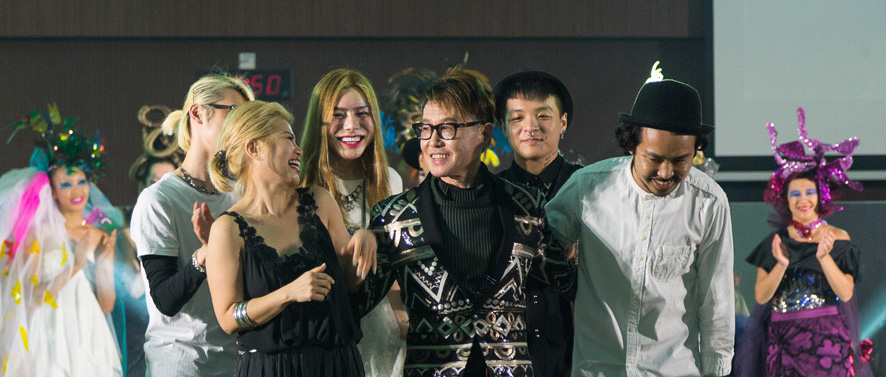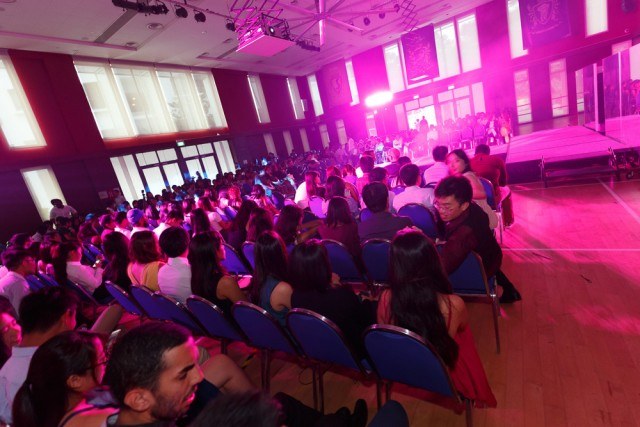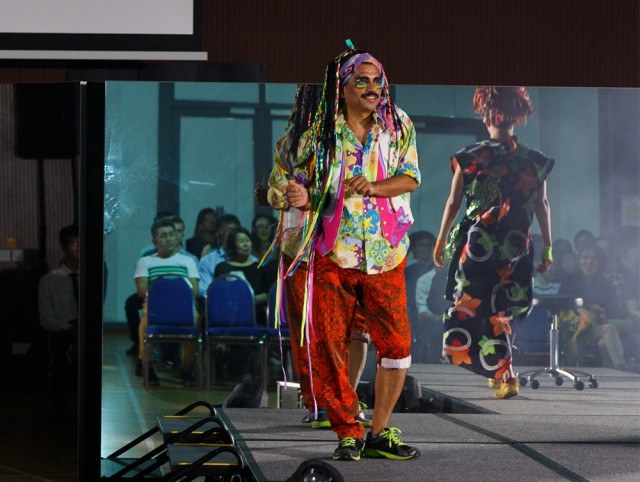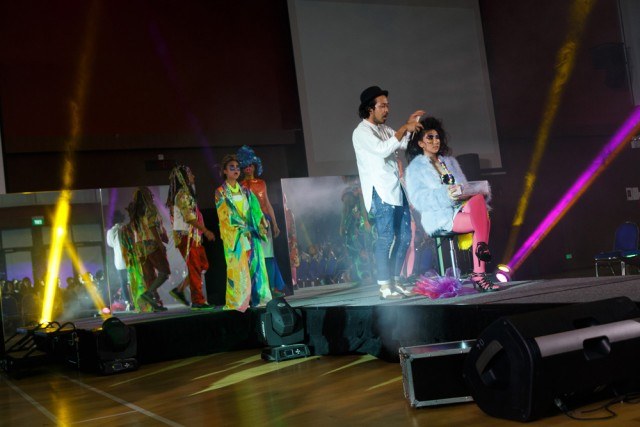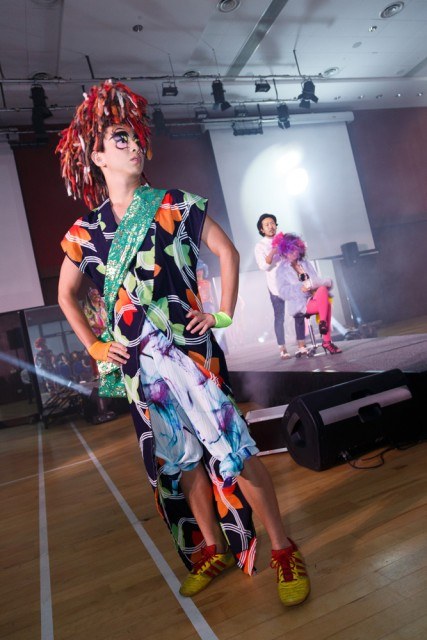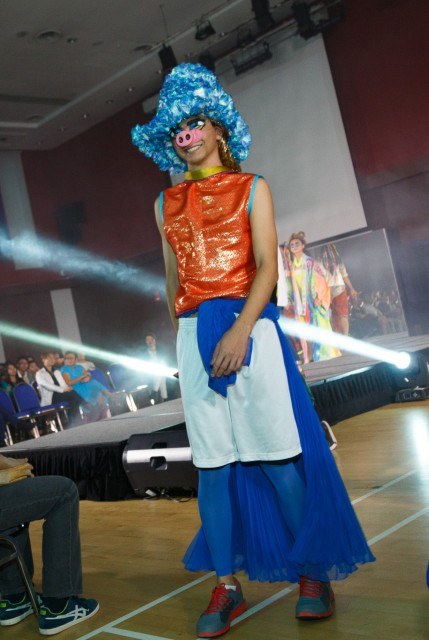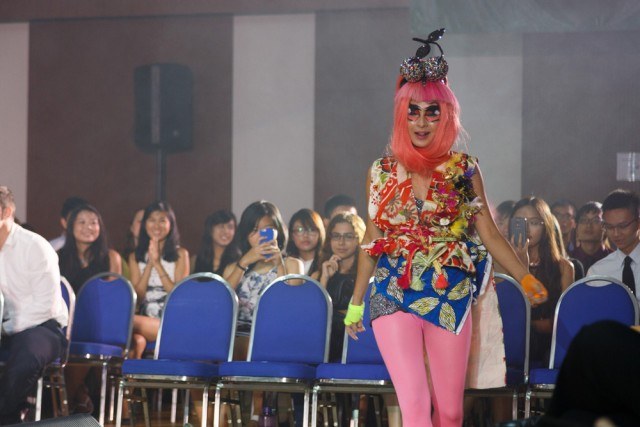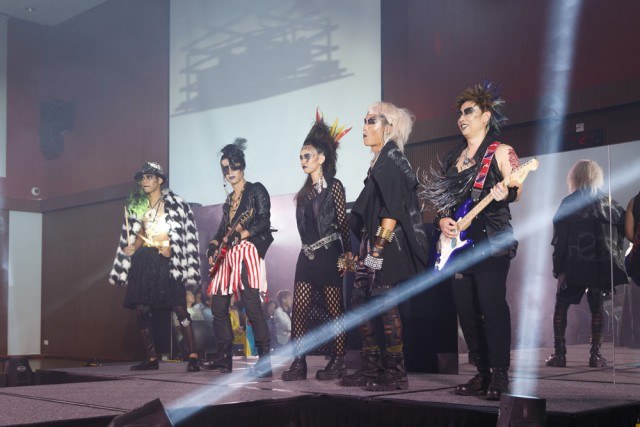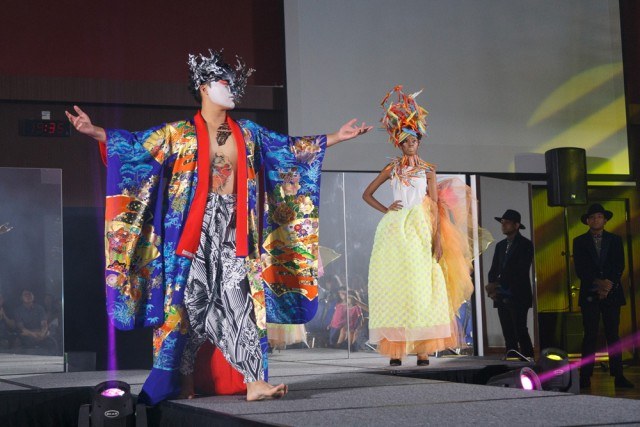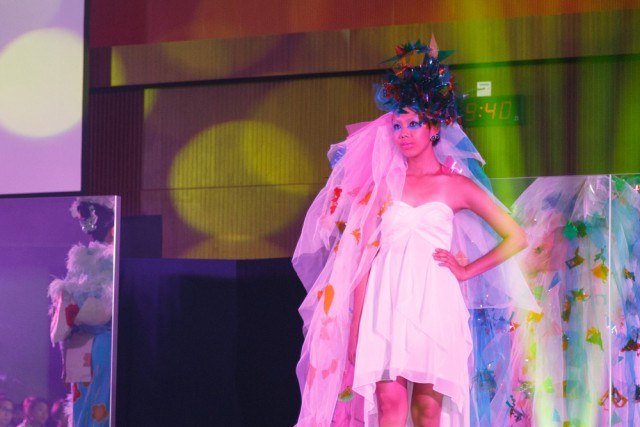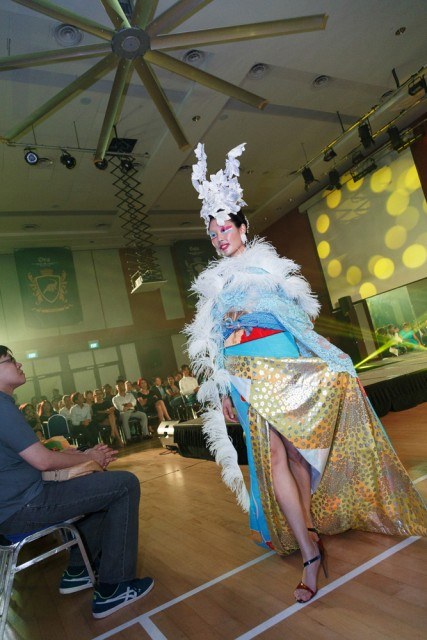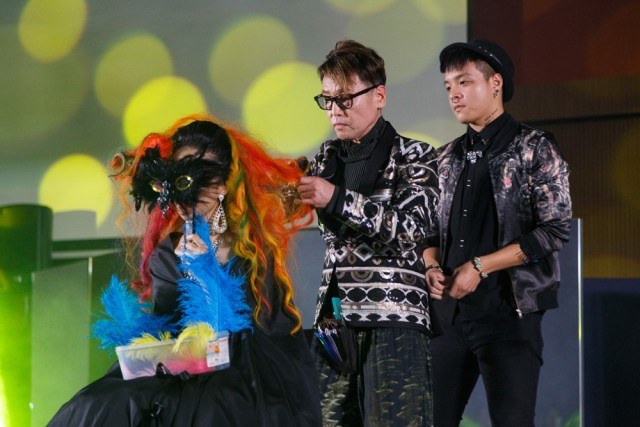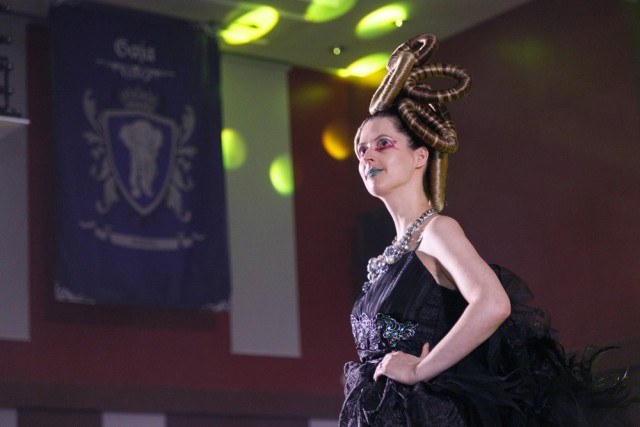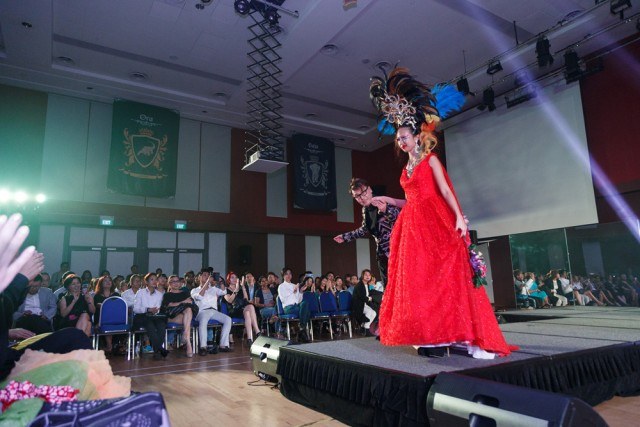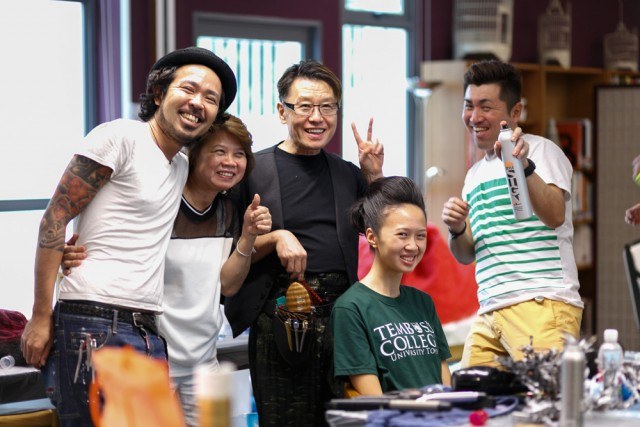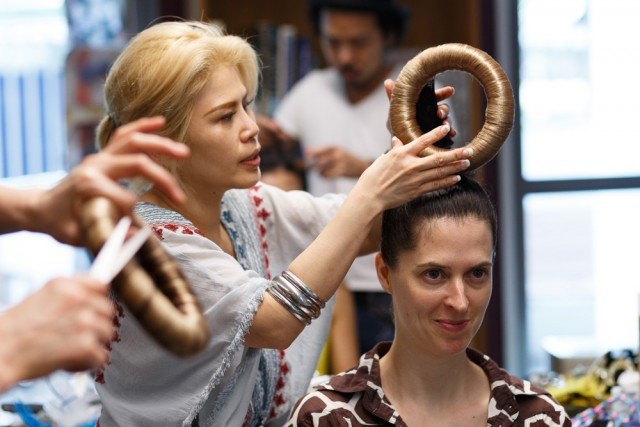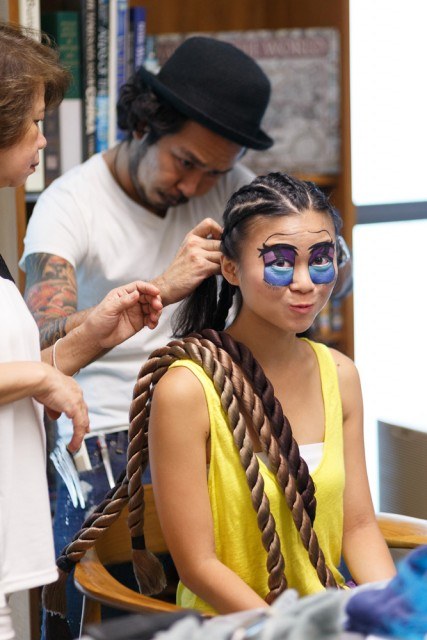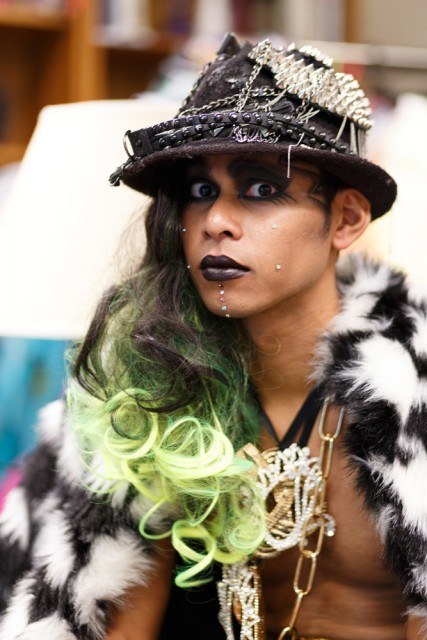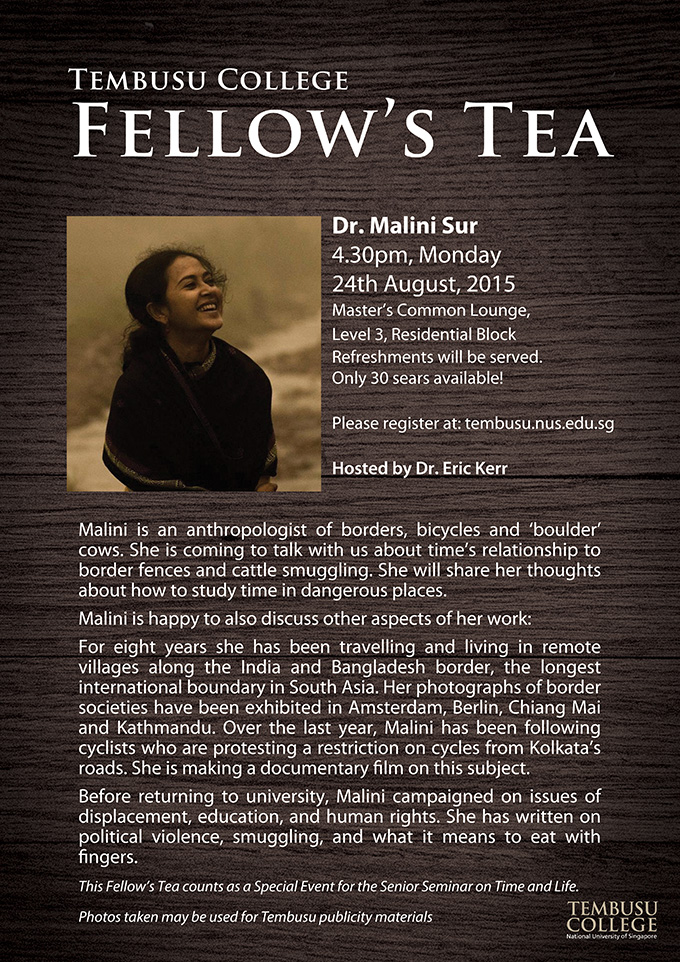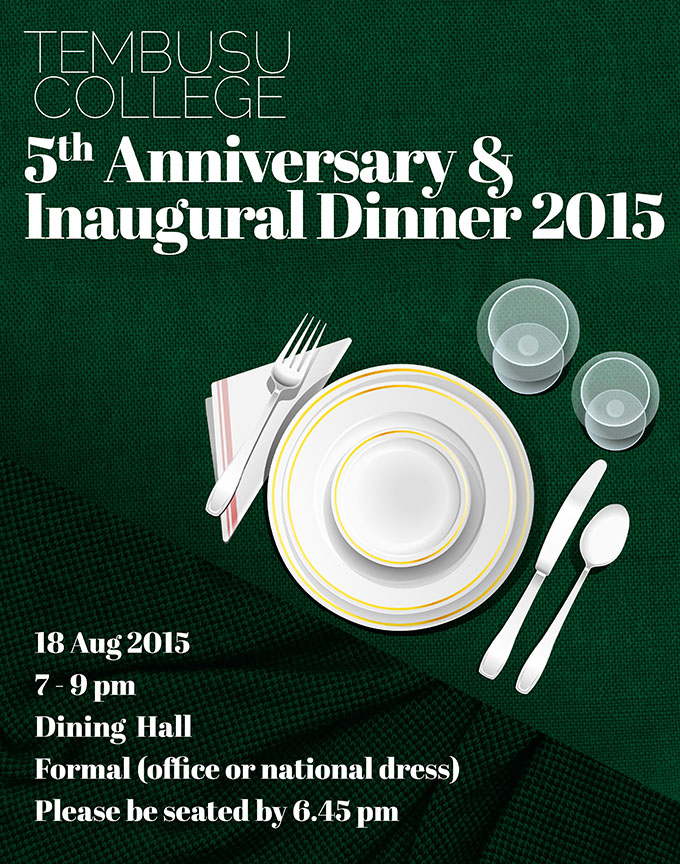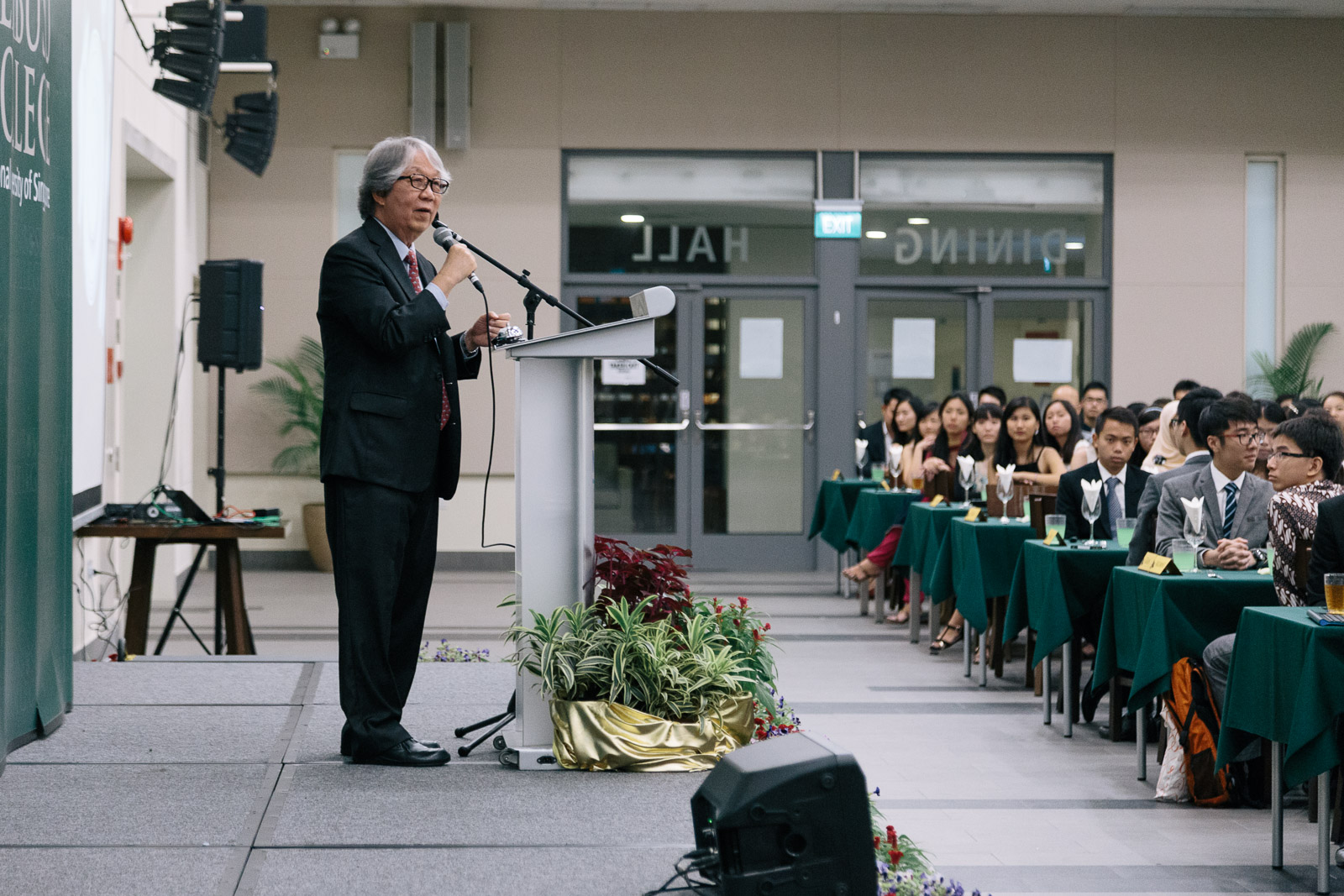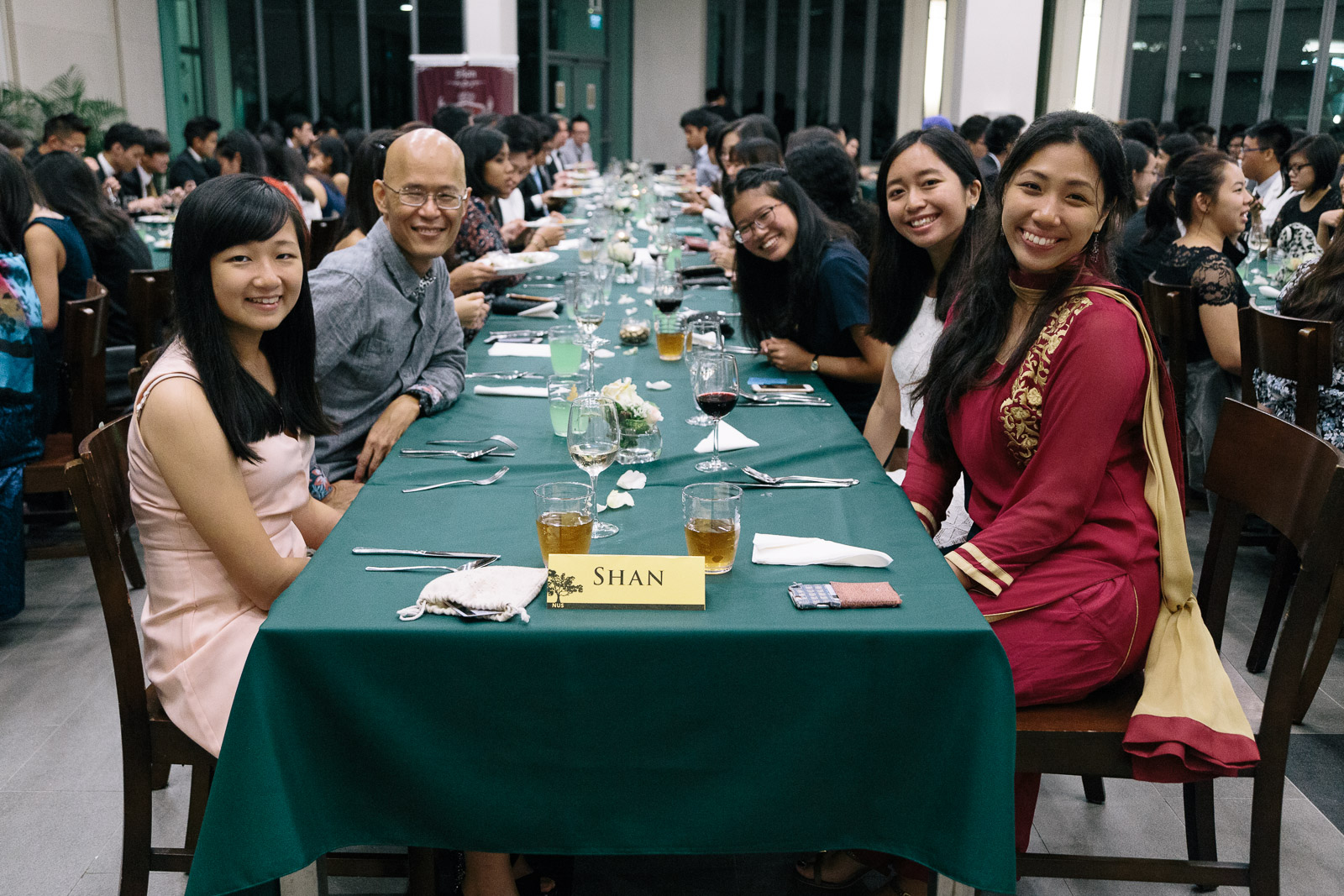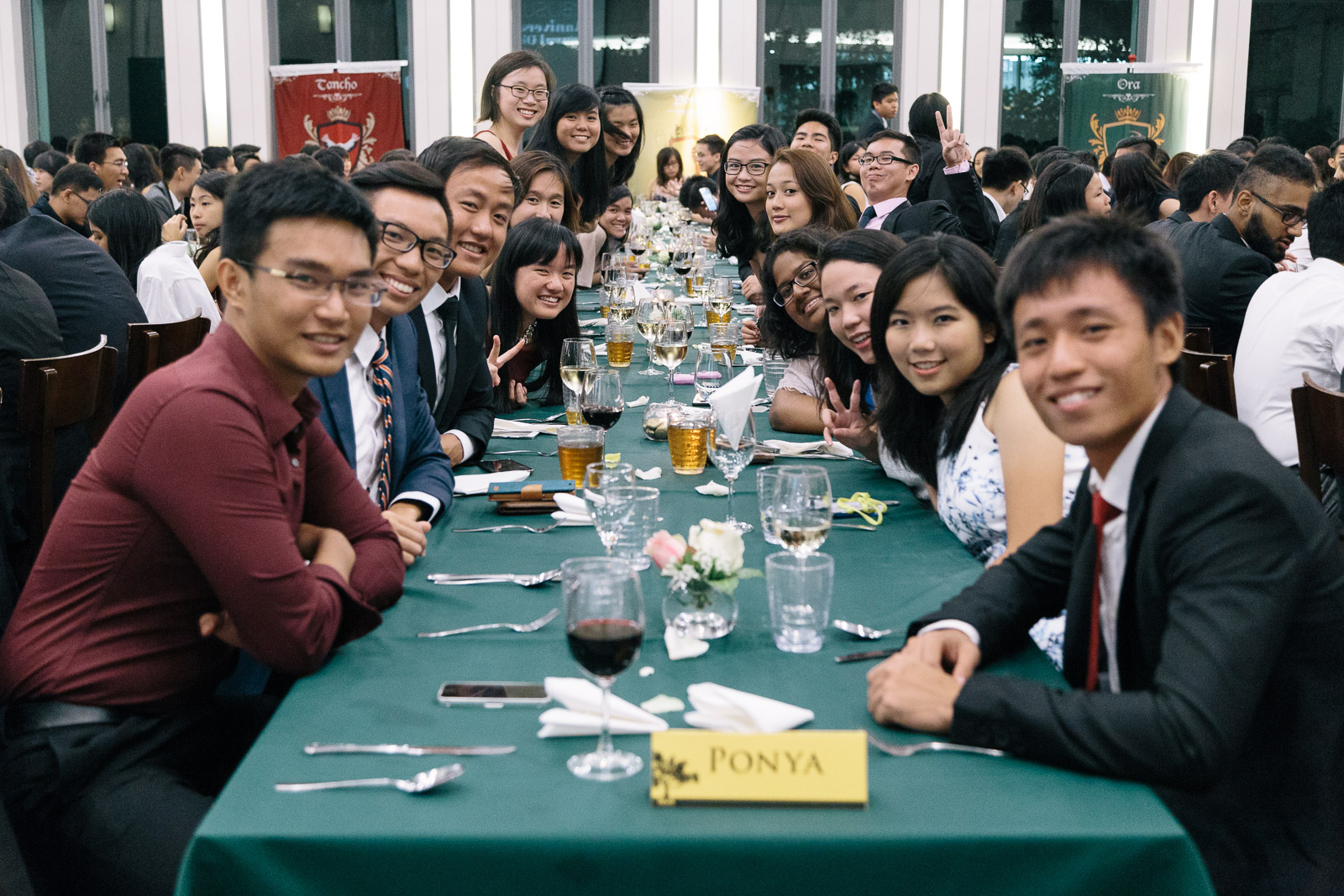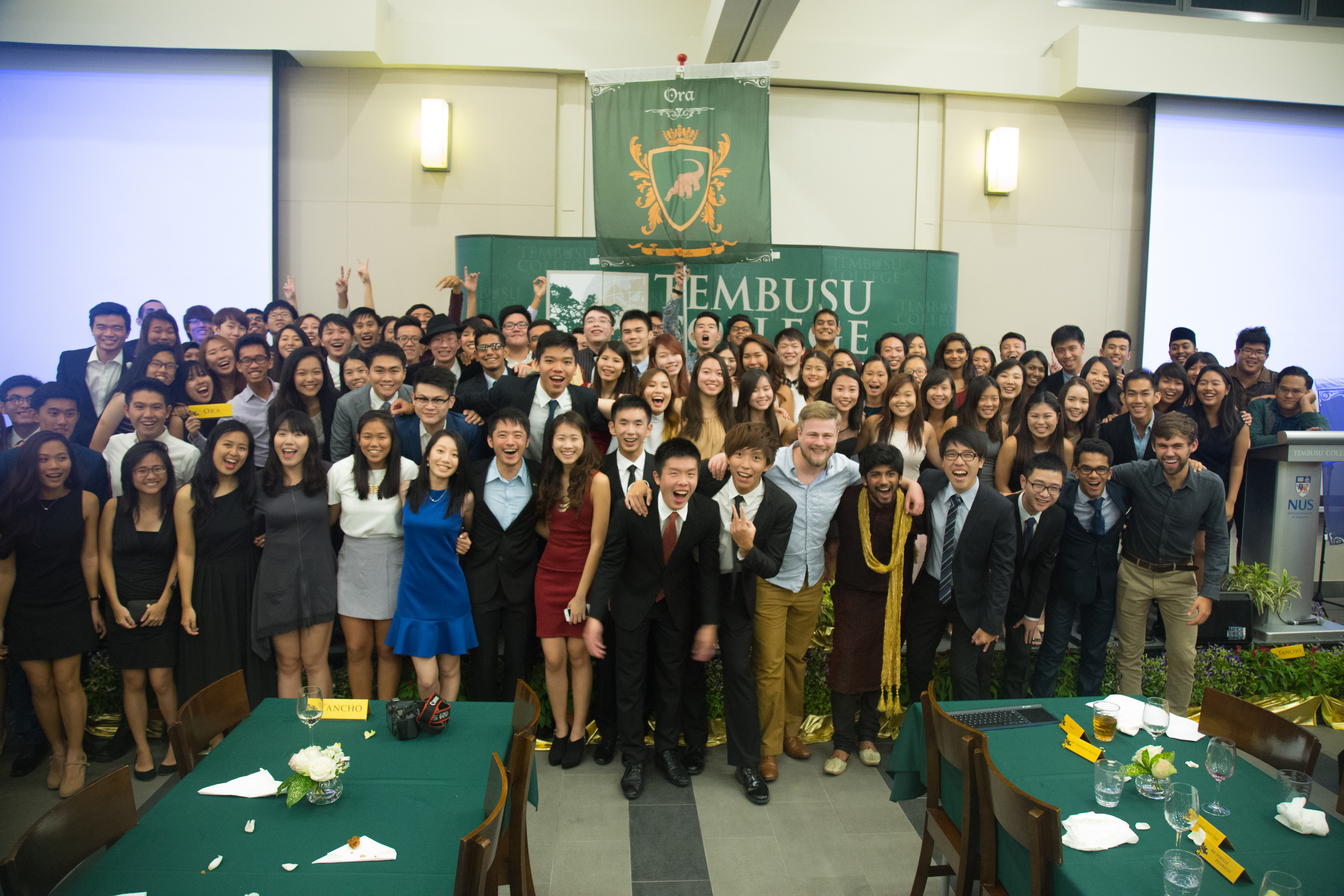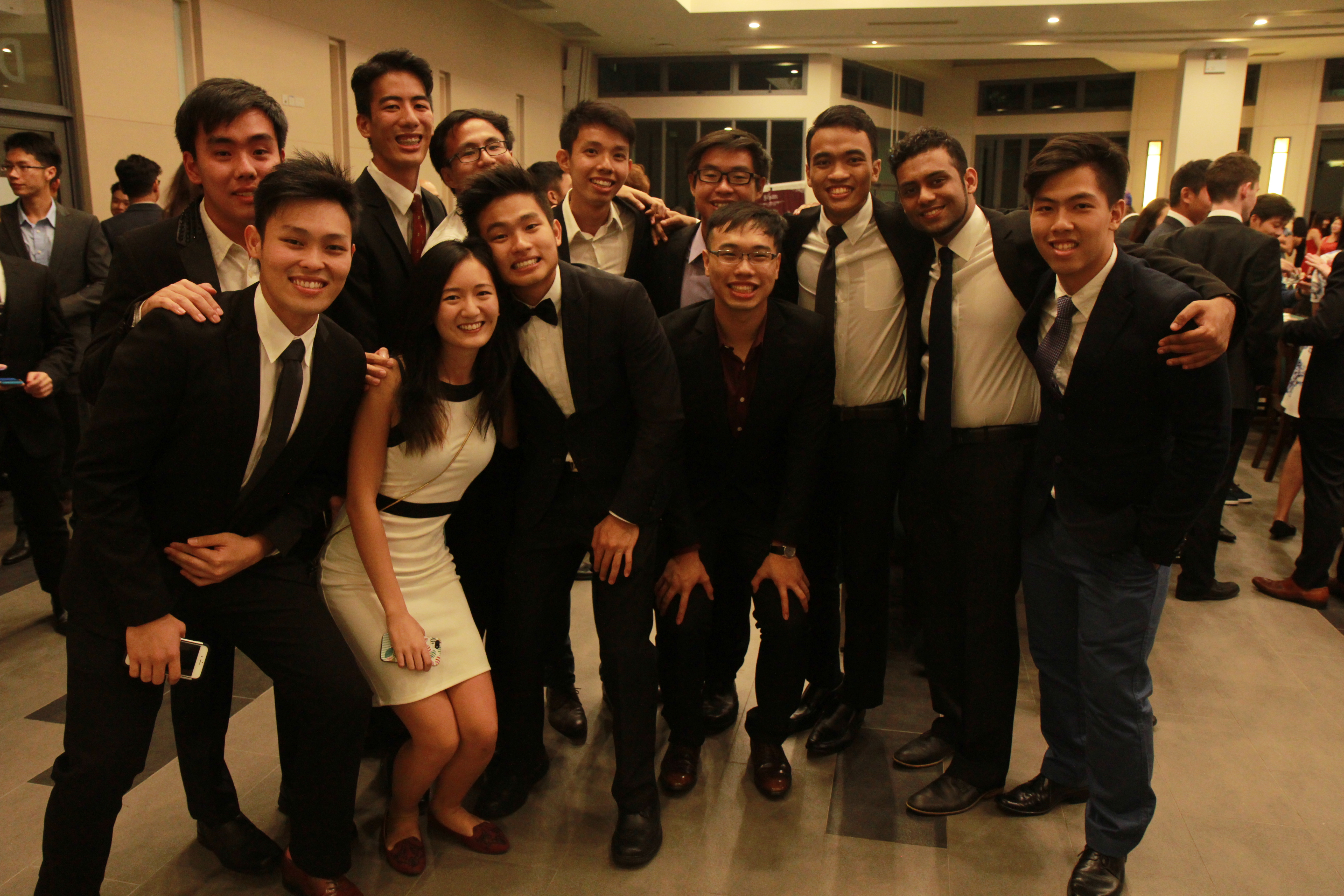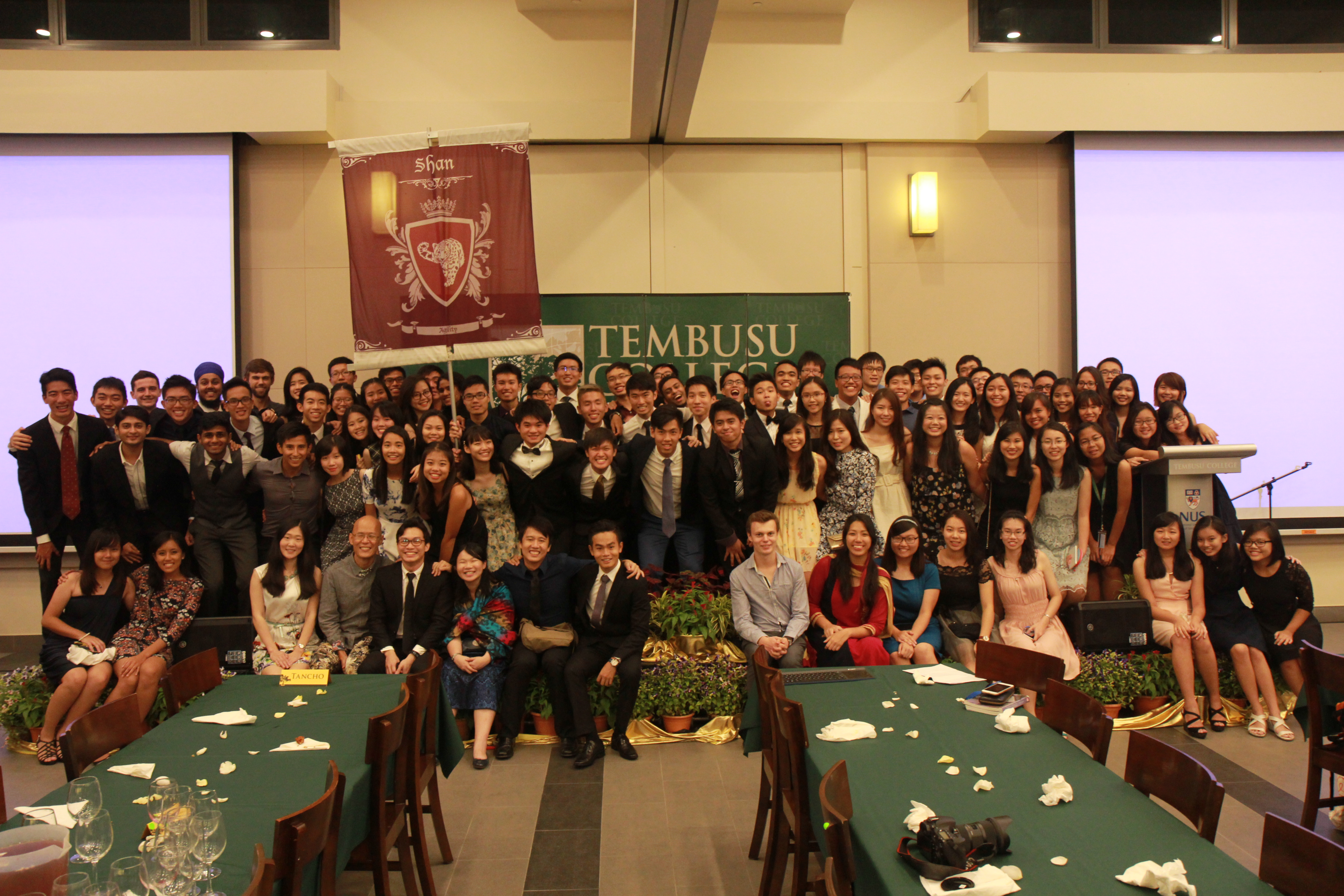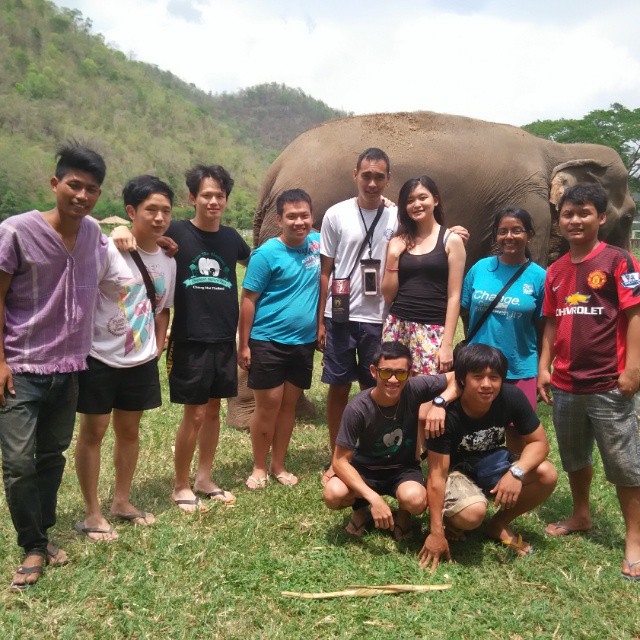Professor Tommy Koh: Letter to my grandchildren in 2065
Dear Toby and Tara, You will be 54 and 50 years old, respectively, when Singapore celebrates its 100th anniversary in 2065.
If the last 50 years is a guide, you will probably experience as many dramatic changes as I have in the n the past 50 years. I expect that cures will be discovered for such dreaded diseases as cancer, dementia, diabetes, Parkinson’s. Thus, I fully expect that both of you will continue to lead healthy, productive, energetic lives for many more decades, as life expectancy may exceed 100 by this time.
I expect solar energy to become increasingly competitive and that, one day, it will replace energy from fossil fuels. I expect agriculture to be more productive and less demanding of water. Revolutionary changes will take place in all aspects of our lives, in ways which are unimaginable today.
However, the purpose of my letter is not to join the pundits and futurologists in anticipating the changes that will take place in the next 50 years.
What I want to do is to talk to you about things that I hope will not change. I want to talk about values, beliefs and customs which are or should be timeless.
LOVE SINGAPORE
First, you should love your country.
Singapore maybe a small and young country; it is, however, an extraordinary country. If all goes well, we would have remained a stable, peaceful country with our own government, our own military and law enforcement agencies.
In our country, people of different races, colours and religions live in peace and harmony. We celebrate our diversity as a blessing and not as a defect. We recognise and reward talent and merit and we dislike class, privilege and snobbery. We treat our women well and our talented women have helped to make Singapore the success that it is. We are admired for our integrity, reliability and competence. If I have another life to live, I would like to be born again in Singapore.
LOVE THE WORLD
Second, you should love the world.
By “the world”, I mean both the human world and the natural world. I believe in the Confucian philosophy that, under heaven, all men are brothers and all women are sisters. It is not enough to love Singapore - you should also love the human family. Because of globalisation and the technological revolution, we truly live in one world and our lives are inextricably linked. For example, we should be concerned about the growing health crisis in South Korea at this juncture in July 2015 because Mers is very likely to spread from there to other countries.
We should empathise with the refugees fleeing persecution and despair in Myanmar because they are part of the Asean family.
Even if, by the time you read this, these countries and organisations have evolved into different forms, we should feel a bond with people around our region, and indeed all around the world, with whom we share a common humanity.
We should also love and respect the natural world because the earth is our home. If we continue to abuse nature, to degrade our ecosystems and neglect our duty as the stewards of the global commons, we will sooner or later face an environmental crisis.
I hope that you and your generation will have the wisdom to make a paradigm shift to a new and more sustainable model of economy and civilisation.
LOVE FAMILY
Third, love your family.
No matter how many technological advances are made, one thing is for sure: Your mother and father, your grandparents, your godparents and other relatives have loved you from the day you were born.
Your parents have made sacrifices and will continue to make sacrifices in order to give you a happy childhood and a good start in life. Remember that the key people in the world who love you unconditionally, in good times and in bad times, are your parents. Be good to your parents when you are grownup and when they are old.
There is a disturbing trend in Singapore of children abandoning their elderly parents. I hope that, by the time you read this, this remains a small minority and does not become commonplace.
MAKE FRIENDS FOR LIFE
Fourth, make friends for life.
Most human beings are social animals. We need the company of good friends in order to be happy and to thrive. Make good friends and keep them for life.
Many Singaporeans hold a functional or transactional attitude towards friends. You are my friend only as long as you are useful to me. The moment you are no longer useful to me, I will “unfriend” you. This is a bad attitude and smacks of opportunism. The good friends I have made in my childhood, school, university and at various points in my career, both here and abroad, have enriched my life.
DO NOT WORSHIP MONEY
Fifth, do not worship money.
There is a joke that the main form of worship in Singapore is the worship of money. Singaporeans are a materialistic and money-loving people.
My attitude towards money is that we all need to make money in order to provide for our family and to be able to lead a dignified life. My goal in life is, however, not to make money but to help build a better Singapore and a better world. You should remember that money can’t buy you good health, peace of mind or a happy family.
In fact, money often sows discord in families. Money can buy you a big house and a big car but not a good reputation. It is more important for you to do a job which brings you joy and satisfaction than a job which you do only because it brings you a lot of money. Pursue your talent and your passion and not money.
BE KIND
Sixth, be a kind person.
Of all the virtues, the one that I value the most is kindness. You should be kind to everyone you meet. Many Singaporeans have a selective approach to kindness. They are kind to their bosses or persons in authority over them. They are less kind towards their subordinates. I do not regard such a person as a kind person.
A kind person is one who is kind to everyone, including strangers. In my experience, kindness begets kindness.
BE LOYAL
Seventh, be a loyal person.
Loyalty is a virtue which seems to have gone out of fashion. I believe that one should be loyal to one’s country, spouse, school, university, employer, friends and institutions. I am loyal to my old school, Raffles Institution, and have never said no to a request from the school. I am loyal to the National University of Singapore, Harvard and Cambridge because they have helped to educate me.
Because I served for nine years as a director of DBS, it is my primary banker. Because I served for five years as a director of Singtel, I subscribe only to Singtel for my telecommunication needs. Because I served for over five years on the international advisory board of Toyota, I own and operate a car made by Toyota. I have patronised the same tailor and optician for as long as I can remember.
This may be seen by some as an old-fashioned attitude but I would like to think that loyalty, like kindness, should never go out of fashion.
BE HEALTHY AND RICH CULTURALLY
Eighth, try to lead a healthy and culturally rich life.
My father taught me to exercise every day in order to keep physically fit. I swim or walk every morning. My father also taught me to love books and to enjoy reading. I read both books of fiction and nonfiction every day.
My mother taught me to enjoy the arts. I feel very privileged to have served as the founding chairman of the National Arts Council and as the second chairman of the National Heritage Board. I hope you will develop your own interests in culture and the arts. They will bring great joy to your life.
I hope you will grow up to be a good man and a good woman. I wish you happy, healthy, peaceful and productive lives.
Your loving Ye Ye,
Tommy Koh


